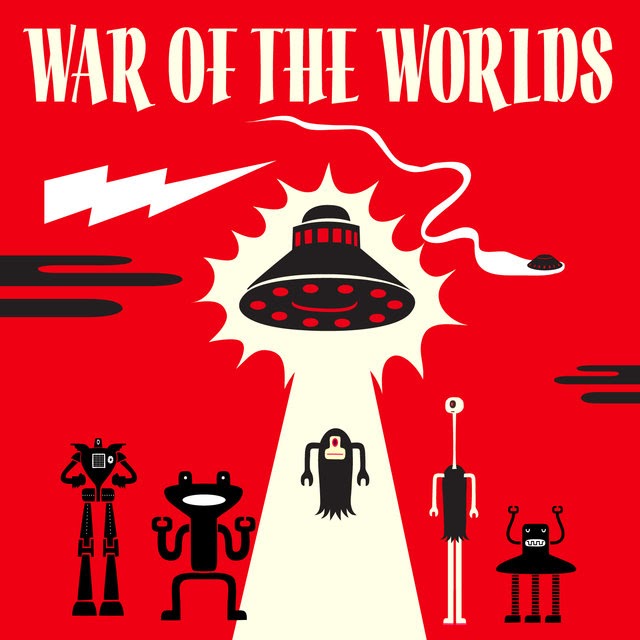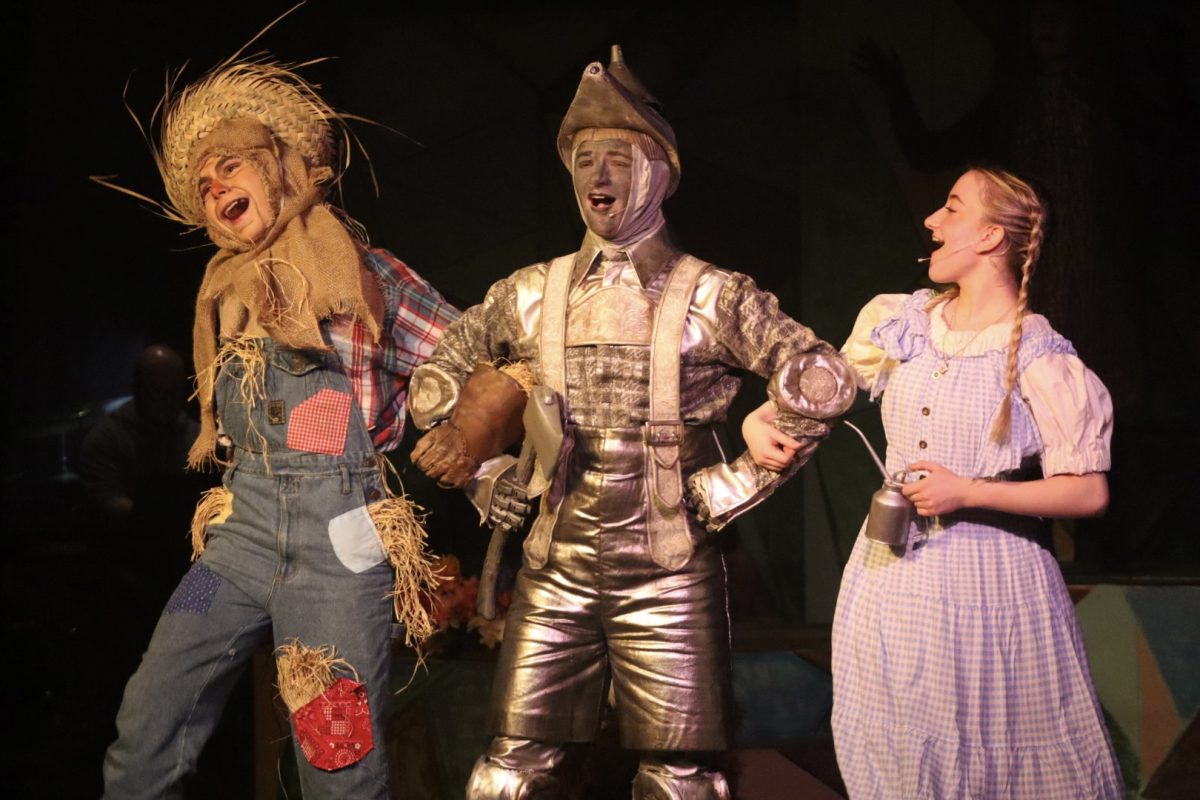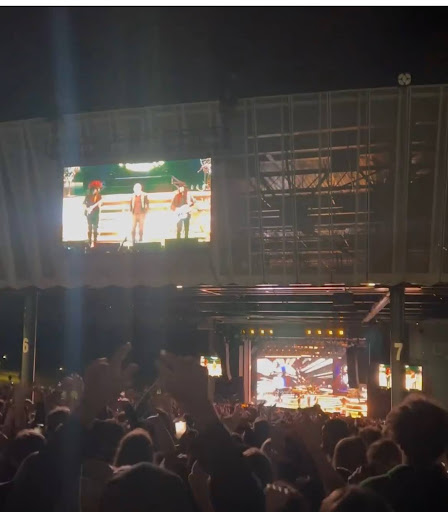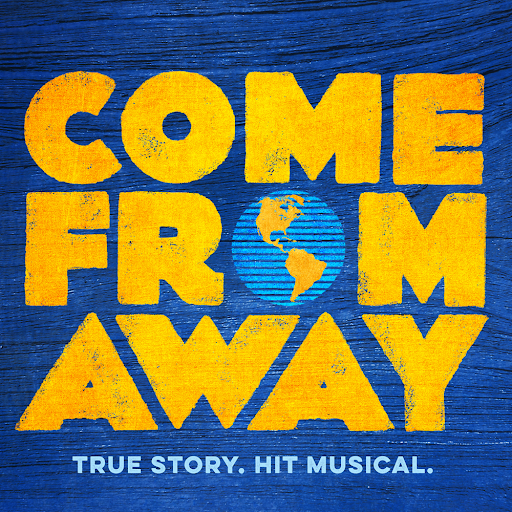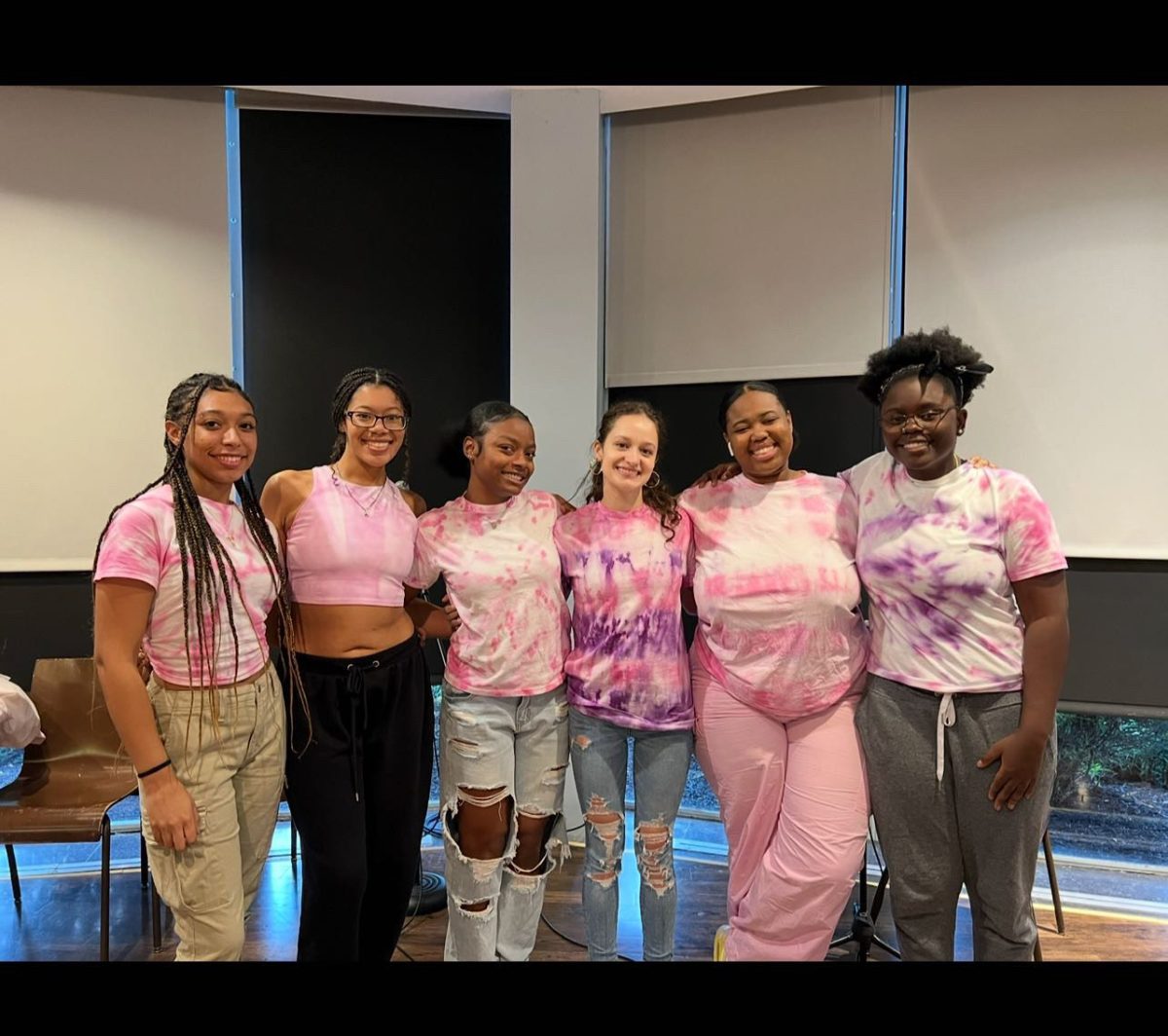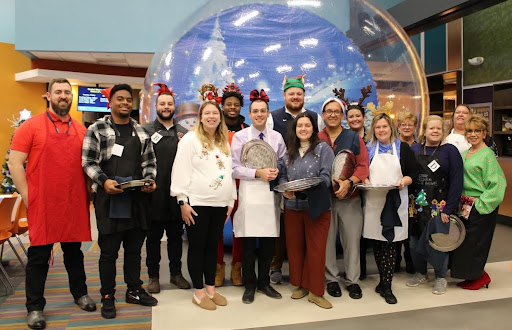On Oct. 30, the theater department and college radio station, WPNR-FM produced a production of War of the Worlds by H.G. Wells originally aired on October 30th, 1938, 82 years earlier.
Dr. Rachel Wolfe and Professor Laura Salvaggio worked diligently to produce an enticing and fun show for all listeners. With a small cast, the production was put together by each member standing in their own individual room within reach of the Strebel Auditorium. This was to ensure the rehearsals were conducted in a safe manner for the entirety of the production.
“We didn’t want there to be the sound of muffled voices with masks since sound is all we have for this play,” Wolfe said. “What we landed on was assigning the students their own offices that are entirely closed off but are in range of the theater so they can pick up what we need on our sound system but in each individual room.”
The play lasted about an hour and a half with the inclusion of the pre-show in which the radio played music by local artists such as J Swazz and Cait Devin. Because of COVID-19, the theater department had to exercise immense creativity to rehearse together safely as well as incorporate the community through the use of local music.
Because the play was entirely vocal, the cast had to train in enunciating their voices and creating emotion through a microphone. With the understanding that each cast member could not see each other while acting, the power of their well developed vocal skills is heightened even further.
Throughout the play, the cast demonstrated excellent storytelling and drew the listeners in from start to finish. The hard work and dedication from the cast certainly showed through during this radio play.
In addition to the cast using their voices, sound effects were used to add dramatic effect. Some examples would be eerie sounds of tentacles and the ticking of a clock. Each sound had a purpose and not one of them was out of place causing the listener to use their imagination.
The voice actors and sound effects caused the listener to feel as if they were there, experiencing the events for themselves, in turn creating suspense, excitement and resolve in the end.
“We are doing the War of the Worlds because it dramatizes a moment in time,” Wolfe said. “At the time that I was choosing War of the Worlds we were in the midst of a sudden overwhelming transition of all human life on earth. We had just started social distancing, there was sort of this assumption that life and society and the way things were was relatively stable.”
Wolfe went on to say that the reasoning behind choosing War of the Worlds was to demonstrate the timeliness of this play because it was suddenly relevant again. When it was first performed, the world was entering an era of discontent that resulted in the second world war. Now that the world has entered another era of discontent regarding the pandemic, this play became one that Wolfe felt was not only possible to perform during this time but also appropriate.
“All of the sudden, in the space of a week, maybe a few days the whole world was in quarantine and we weren’t allowed to be within six feet of each other,” Wolfe said. “This change happened so fast and so completely and to everybody that I felt like War of the Worlds became timely again since the time that the idea of martians attacking became laughable sometime in the late 1950s.”


















![President Todd Pfannestiel poses with Jeremy Thurston chairperson Board of Trustees [left] and former chairperson Robert Brvenik [right] after accepting the university's institutional charter.](https://uticatangerine.com/wp-content/uploads/2023/10/unnamed.jpeg)


















































































































